Search Results
Showing results 1 to 13 of 13
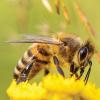
Pollinator Bingo
Source Institutions
In this activity, learners will use their five senses to explore a nature-based area around them.
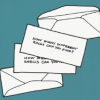
Envirolopes
Source Institutions
In this outdoor activity and observation game, learners hunt for a variety of textures, colors, odors and evidence of organisms in the activity site.
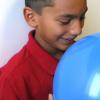
Exploring Size: Scented Balloons
Source Institutions
In this activity, learners use their sense of smell to explore the world on the nanoscale.
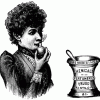
Common Scents
Source Institutions
Learners use a mortar and pestle to extract clove oil from cloves using denatured alcohol. They put this oil on paper, which they can take home.
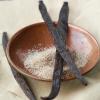
Molecule Match
Source Institutions
In this activity, learners will use their nose to sniff out hidden scents using extracts and cotton balls. Activity includes materials list, game instructions, STEM connections and more.
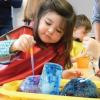
Icy Investigations
Source Institutions
In this activity, learners of all ages can enjoy experimenting with ice. Try this experiment at the kitchen table or in the great outdoors to encourage budding scientists to experiment with ice.
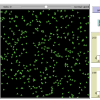
Evolution as Reproduction with Variability
Source Institutions
In this online activity, learners discover how random variation influences biological evolution.

Smelly Balloons
Source Institutions
In this activity, learners sniff out scents hidden in balloons! After investigating, learners discover we sometimes can use another sense (smell) to detect things too small to see.
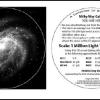
A Universe of Galaxies: How is the Universe Structured?
Source Institutions
This fun hands-on astronomy activity lets learners explore models of the Milky Way and other galaxies to get a sense of relative distances to other galaxies.
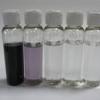
Exploring Size: Scented Solutions
Source Institutions
This is an activity in which learners will find that they can detect differences in concentration better with their nose (smelling) than with their eyes (seeing).
Finding the Right Crater
Source Institutions
This quick demonstration (on page 11 of PDF) allows learners to understand why scientists think water ice could remain frozen in always-dark craters at the poles of the Moon.
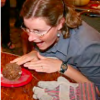
Cook Up a Comet
Source Institutions
In this activity (on page 5 of PDF), learners use dry ice and household materials to make scientifically accurate models of comets.
Making An Impact!
Source Institutions
In this activity (on page 14 of PDF), learners use a pan full of flour and some rocks to create a moonscape.
